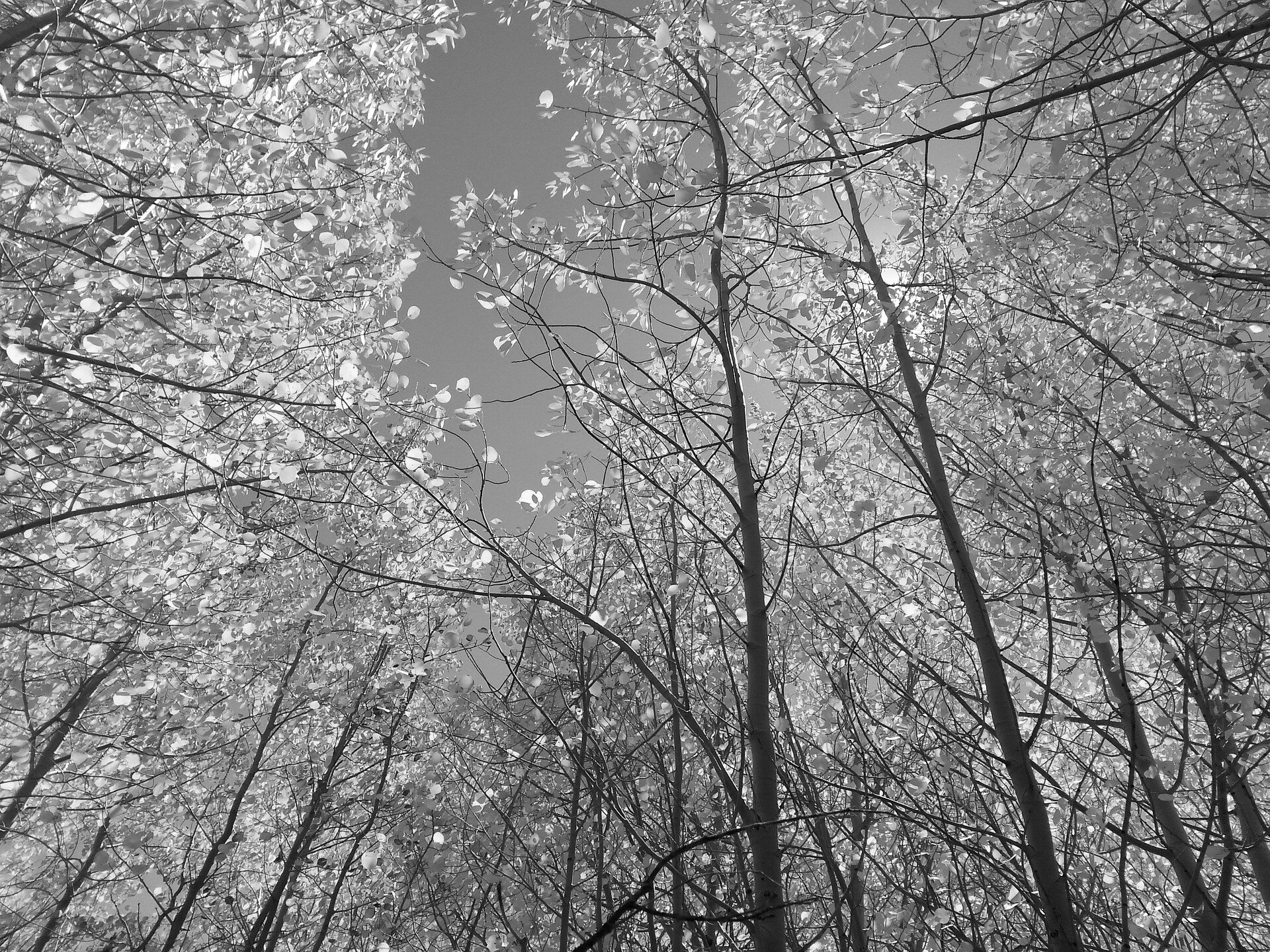Zoe's Feldenkrais Commitments
“If circumstances lead me, I will find
Where truth is hid, though it were hid indeed
Within the centre.”
Many people think Feldenkrais is about movement.
In part, they are right. But anyone who has attempted it quickly realizes that its primary effect is on the interior landscape. It literally changes your relationship with yourself.
How is that?
Because how you move is a reflection of your inner world. Our lives are a composition in movement: Gestures, head tilts, facial expressions, vocal tones, shifts in weight, laughing in joy, freezing in tension, leaning into conversation, retreating from an abrasive experience...all is movement.
When I first explored Feldenkrais, I was extremely hard on myself. My movement reflected this attitude. To move differently, I first had to stop judging myself.
I had to change from, "You are not moving your arm correctly! Do it this way!" to, "What happens if you move your arm like this?"
I began to associate these two approaches with quantifiable sensations, one of painful contraction, the other of more ease, confirming that my inner attitude was directly linked to the quality of my movement.
What I most care about in Feldenkrais is the profound and obvious realization that letting go of judgment affected my movement.
If I were less contracted deep inside myself, I had more choice and more power.
More choice because I could move and breathe and respond in new ways
More power because my muscles weren't engaged in the strenuous contraction of maintaining my habitual stance toward the world.
Based on this, I evolved these commitments for how to improve movement:
Do not judge your experience
Stay open to sensing whatever occurs
Have compassion for yourself, seek ease over effort
Learn about your process instead of struggling to achieve a goal
Explore new possibilities instead of mindlessly repeating old patterns
Invite novel connections instead of relying on old assumptions
One of my teachers used to say "the truth has a wrathful force." Sometimes we want to avoid it. But if we listen to that tiny whisper of our own aliveness and don't ignore it, we can find the joy of connection and spontaneity, no matter where or when we start.

